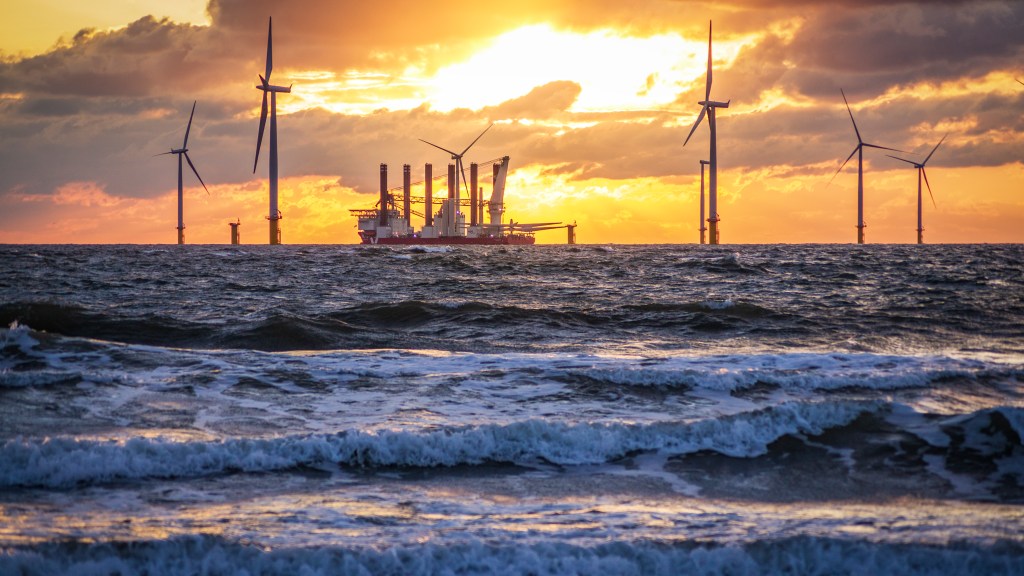Reforming Power Line Planning Could Reduce Construction Time by Nine Years
A significant overhaul of the planning process has the potential to reduce the timeframe for constructing essential power lines from a lengthy 14 years to as little as five years. This insight comes from Nick Winser, the electricity networks commissioner in the UK, in a report he prepared for the government last year.
Winser proposed a series of recommendations aimed at expediting the construction of numerous high-voltage cable routes, which are crucial for integrating new wind farms and supporting the rising energy demands of electric vehicles and heat pumps.
His findings indicated that the current process—stretching from the point of identifying the need for a new transmission line to the actual construction—often takes up to 14 years, highlighting the need for a reduction in this timeline.
However, Winser asserts that it is feasible to achieve incremental progress, potentially bringing the overall timeline down to about five years. This could involve more reasonable scheduling for pre-application consultations with local communities, expedited approval processes from the secretary of state, and an increase in the workforce at the planning inspectorate.
Implementing a “strategic spatial energy plan” could facilitate this effort by clearly outlining anticipated supply and demand scenarios. This would foster a more open, respectful, and transparent consultation process with communities, enhancing their understanding of the engineering, environmental, and economic decisions involved in proposed projects.
The UK government has established ambitious goals to double onshore wind power, triple solar capacity, and quadruple offshore wind energy by 2030, with the overarching aim of achieving a net-zero electricity network by 2030.
Winser remarked that the Labour Party’s decarbonization objectives are “challenging but attainable,” particularly as many projects aimed at upgrading the transmission system have already been initiated by National Grid, suggesting that the timeline for improvement should not be viewed as starting from scratch.
At the Aurora hydrogen conference in London, Winser also called for the development of an energy skills plan, akin to the strategy recently devised for the NHS, to address workforce shortages in the sector. He emphasized the need to analyze demand forecasts for technicians and engineers and to align those forecasts with available apprenticeship programs, higher education opportunities, and retraining initiatives.
A representative from the Department for Energy Security and Net Zero responded, stating, “Ensuring the future of Britain’s clean energy will require enhanced infrastructure to integrate renewable electricity into the grid. Without these improvements, delivering clean power to the public will remain an unachievable goal. We concur with Nick Winser on the necessity of expediting these processes and are actively working towards this end.
Furthermore, it will also be imperative to cultivate the necessary skills to facilitate these developments. Through the newly established Office for Clean Energy Jobs, we will collaborate with trade unions, industry experts, and companies to equip British workers with the skills essential for future clean-energy roles.”




Post Comment